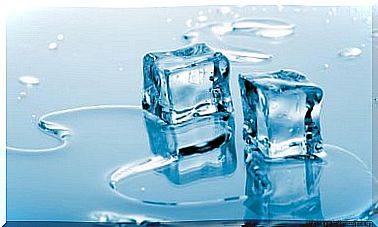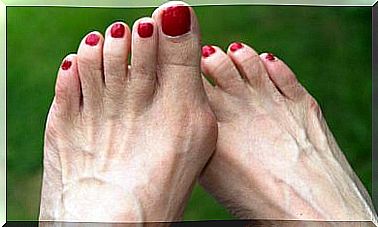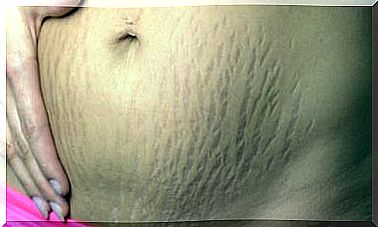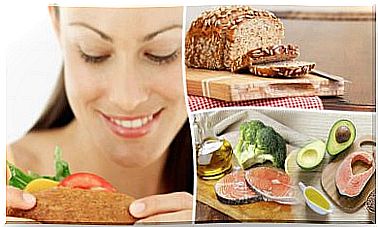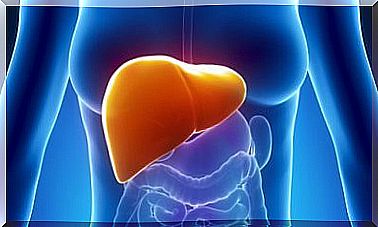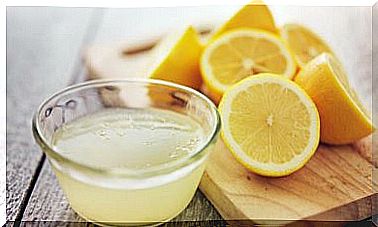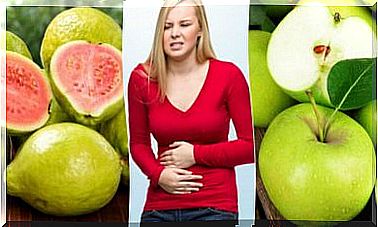Recommended And Non-recommended Foods For Uric Acid
Do you know what are the recommended foods to combat uric acid? Did you know that just as you should integrate certain foods into your diet, you should also avoid some foods to facilitate the control of this problem?
Although the ideal thing is always to visit the nutritionist and the doctor and follow their instructions, there are some general guidelines around diet that can help you improve your eating habits when you have high uric acid levels.
Of course, these guidelines do not replace the treatment that the doctor can prescribe. They are simply measures that complement the treatment and help to obtain better results. Are you interested in knowing more? Then do not miss the information that we will share with you below.
Diet against uric acid: everything you need to know
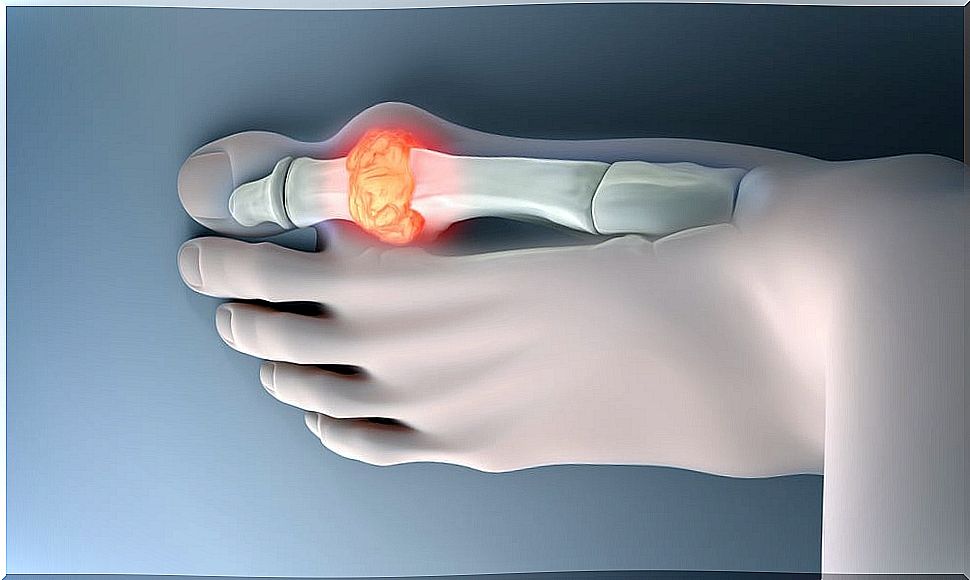
When uric acid levels rise, many health problems can occur. The best known is gout, which appears when uric acid causes inflammation in the joints . If tests to determine uric acid levels have been very high, you will probably have to undergo medical treatment.
In turn, you will likely be referred to a nutrition professional, as it will be necessary to make some adjustments to the diet. In general, you should reduce or avoid the consumption of foods rich in purines.
As a journal of Clinical Investigation publication highlights , uric acid is the final waste product of purine metabolism in humans. In turn, these data indicate that its accumulation in the body leads to the formation of urate crystals (gout) and an increased risk of hypertension, atherosclerosis, insulin resistance and diabetes.
Fortunately, scientific evidence published in the Annals of the Rheumatic Diseases confirmed that restricting the consumption of foods rich in purines, in conjunction with proper medication, minimizes the risk of gout and excess uric acid.
Recommended foods for uric acid
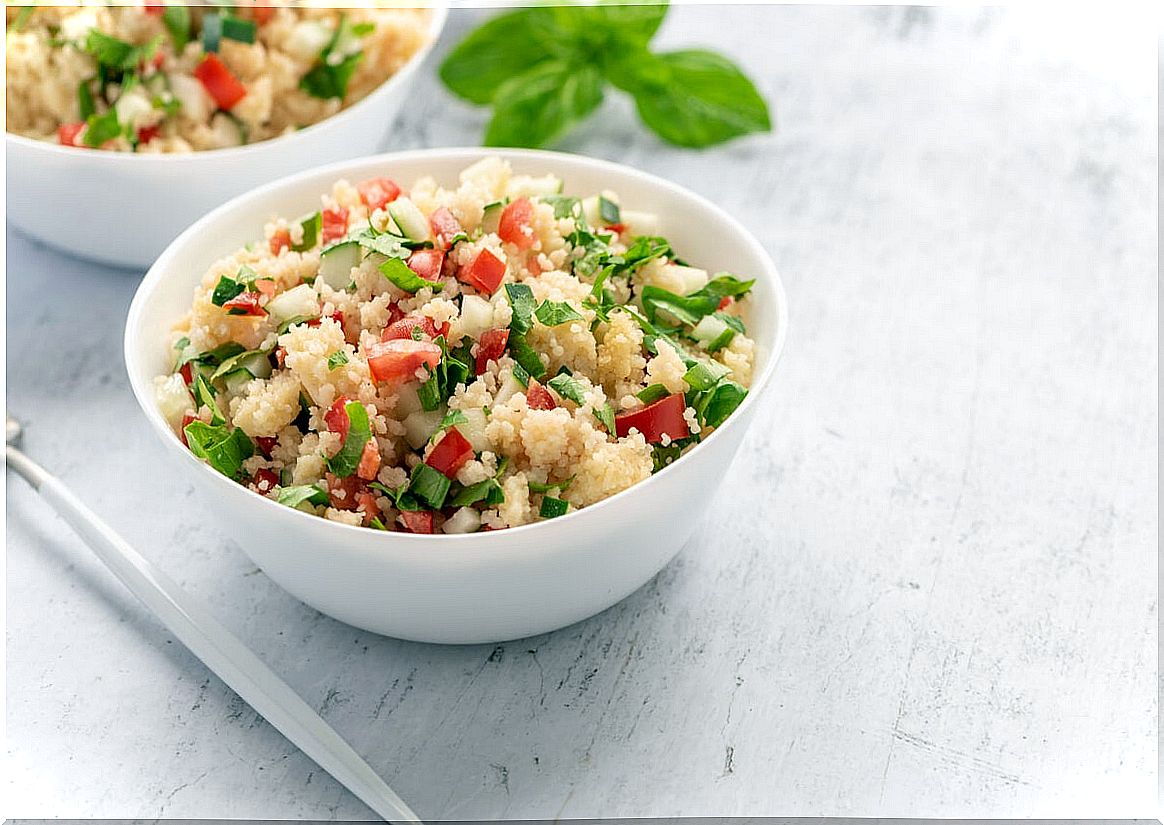
According to information published in the British Medical Journal , a diet rich in fruits, vegetables and whole grains is associated with a decreased risk of gout due to excess uric acid.
In particular, dietary approaches such as the DASH diet favor the decrease of uric acid levels in the blood. Considering this, the recommended foods are the following:
- Olive oil.
- Herbs and spices.
- All nuts and seeds.
- Fruits of all varieties.
- Drinks such as coffee, tea, and green tea.
- Legumes, such as lentils, beans, and soybeans.
- Dairy products in general, although low-fat ones seem to be more beneficial.
- Vegetables, including potatoes, peas, mushrooms, eggplants, and green leafy vegetables.
Foods not recommended for uric acid
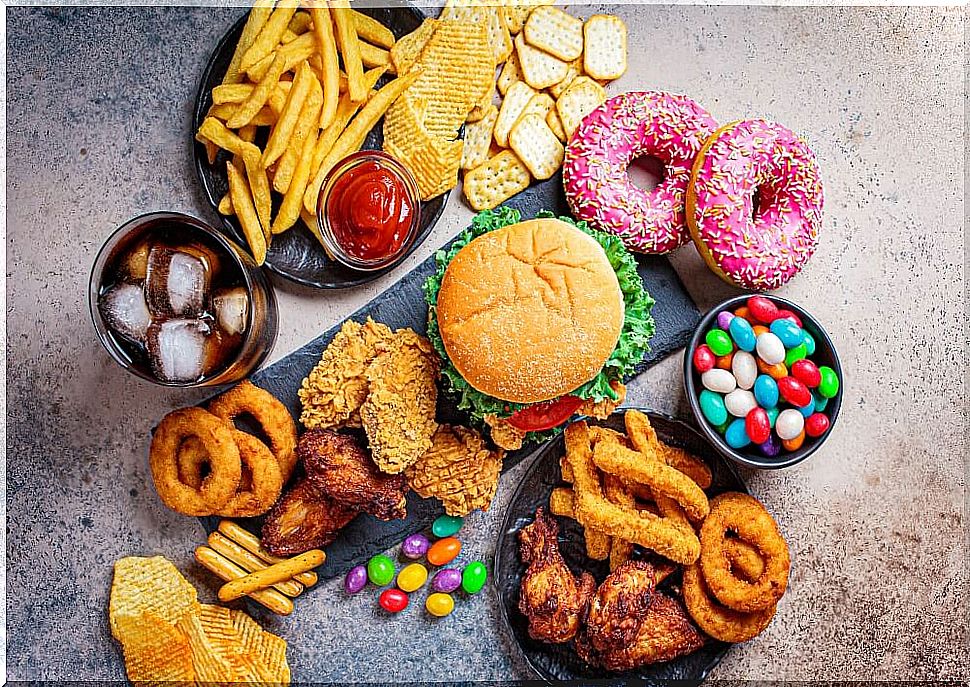
Diets high in purines can affect the increase in uric acid and gout attacks. Considering what was said in a study published in Current Opinion in Rheumatology , the foods not recommended against uric acid include:
- Seafood.
- Red meat
- Fructose rich foods.
Likewise, as far as possible unhealthy foods should be avoided such as:
- Sausages.
- Sugary soft drinks.
- Alcoholic drinks.
- Industrial sweets and snacks .
This same study indicates that, contrary to what was thought, moderate consumption of vegetables that are rich in purine or protein does not trigger gout.
Final recommendations
Keep in mind that in addition to following the recommendations given regarding diet, it is very important and necessary to maintain a good exercise routine.
Scientists have found that sedentary people, with a tendency to a poor diet and alcohol drinkers, have a higher risk of seeing elevated uric acid levels.
If you put aside these harmful habits, improve your diet and follow your medical prescription to the letter, you will be able to lower your high uric acid levels. Keep that in mind!
